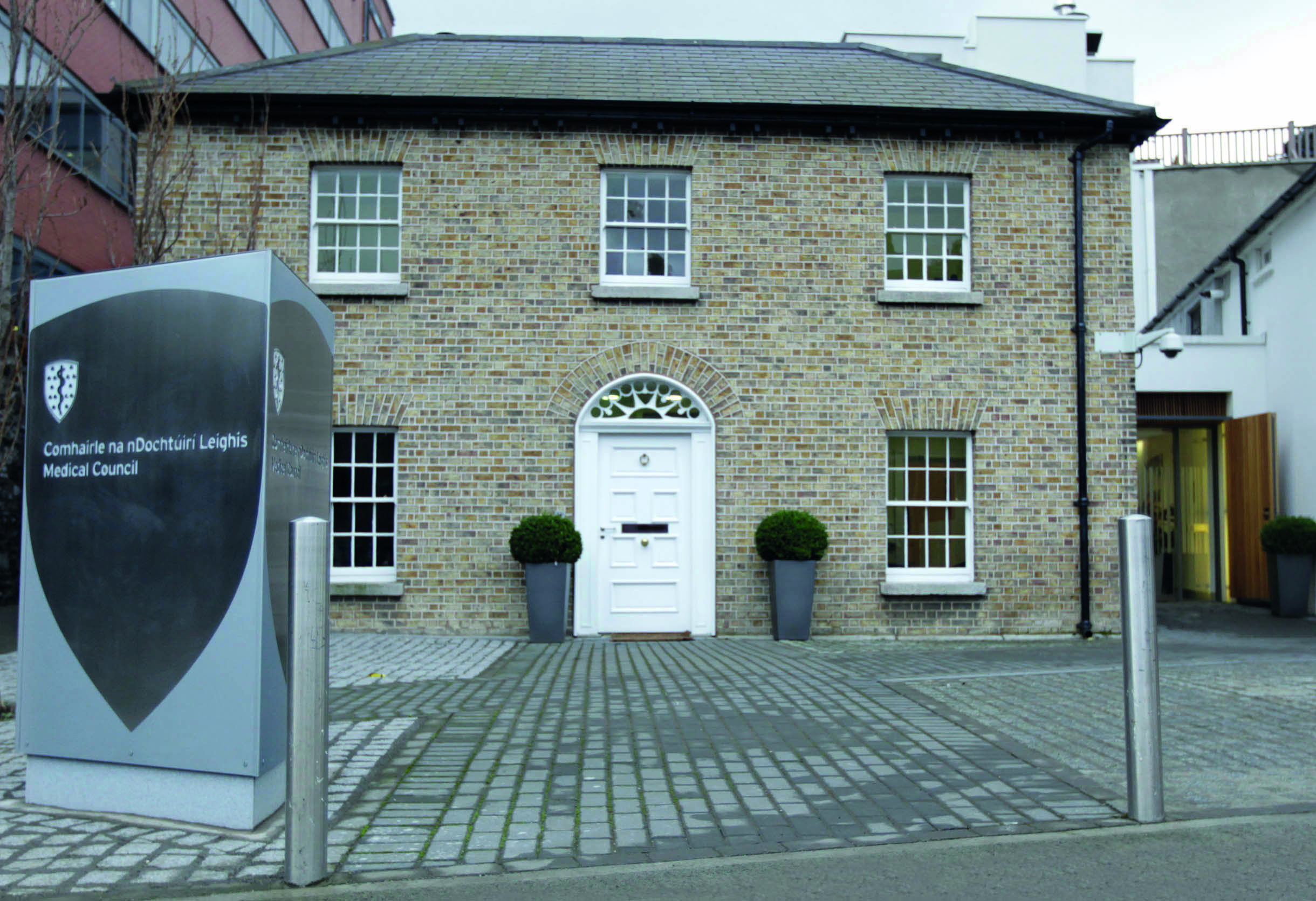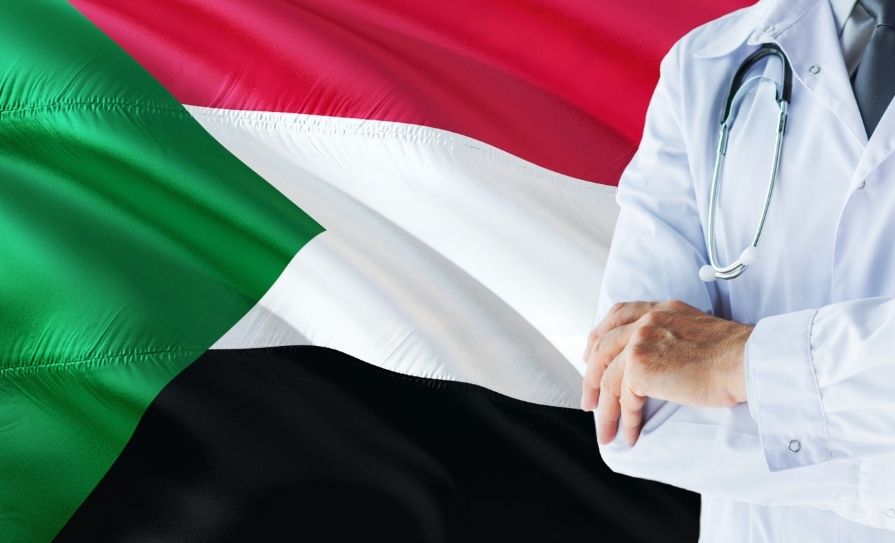The percentage of trainees experiencing bullying remains high at 32.8 per cent, according to the Medical Council’s Your Training Counts Report for 2019-2020. Your Training Counts is a survey of trainee wellbeing and experiences in clinical learning environments, conducted each year by the Council.
The figure of 32.8 per cent is a decrease of 8 per cent on the 2017 figure. However, over two-thirds of those who were bullied did not tell anyone in authority about the bullying. Over half of respondents witnessed a colleague being bullied.
Younger respondents were more likely to report being bullied than their older counterparts. Under half of respondents reported experiencing undermining behaviour from a consultant or GP.
The report also found that just over one quarter of respondents reported working more than 60 hours in a typical week, far in excess of the European Working Time Directive
Key statistics from the report are as follows:
- 51.7 per cent of respondents reported working in excess of 48 hours in 2019, while 46.2 per cent reported the same in 2020
- 44.9 per cent of those working in excess of 59 hours per week were involved in an adverse event
- In contrast, 9.5 per cent of respondents who worked 39 hours or less a week were involved in an adverse event
- 70 per cent of trainee specialists self-reported a good or better quality of life.
- Nine out of ten trainee specialists felt physically safe in the hospital environment.
- 30.6 per cent agreed that their organisation showed very little concern for them, while 36 per cent agreed that help was available from their organisation when they had a problem
- 37.1 per cent agreed that their organisation cared about their well-being
- 32.8 per cent of trainees reported experiencing bullying
- 43.6 per cent of respondents who were bullied reported a quality of life that was less than good, while 76.6 per cent of those who were never bullied reported a quality of life that was good or better.
- 11.7 per cent of respondents reported that it was their intention to practise medicine abroad and not return to Ireland.
- 86.5 per cent of respondents expressed the intention to either remain or return to Ireland after a period abroad.
Ms Jantze Cotter, Director of Professional Competence, Research and Ethics with the Medical Council, said: “The issues raised by trainees are of serious concern to the Medical Council as they can potentially adversely impact patient safety.
“Although there are some positive findings and areas which there has been improvement in recent years, the Council is concerned about a number of issues, many which have been repeatedly highlighted in both our own and other research.
“This survey was carried out in 2019 and 2020, so though it captures the timeframe of the outbreak of the Covid-19 pandemic, our interns and trainees reported largely feeling safe in their workplace, having good general and mental health, and their self-reported quality of life is similarly positive and improving year on year.
“However, issues do remain, and among them working hours continue to be a cause for concern, with a significant number of trainees reporting working more than 60 hours a week. This is in contravention of the European Working Time Directive, and a key issue leading to burnout, and increased risk of involvement in adverse events,” concluded Ms Cotter.
Mr Leo Kearns, CEO of the Medical Council, said: “There is no silver bullet approach to addressing the concerns raised in this report, but action must be taken. Collective, coordinated and planned action across stakeholders is required to improve training programmes and clinical learning environments, which in turn will enhance learning opportunities and increase satisfaction across our workforce.
“Ireland must develop a new medical workforce strategy, as an integral part of a wider healthcare workforce strategy, that positions and enables the Irish health service to provide high quality, sustainable patient-centred care.
“This should consider and address issues such as the required number of specialists into the future, increasing the number of trainees to match this need, aligning this with medical school intake, reducing the number of doctors not in training programmes, improving the quality of training programmes.
“It should also drive forward the resolution of long-standing problems such as lack of compliance with European Working Time Directive, and should also address burnout and retention, which are likely to become even more significant in the context of the pandemic.
“The Medical Council is committed to working with all stakeholders in a collaborative fashion to develop that workforce strategy, and to using its regulatory powers in a focused and proportionate way to enable change and improvement,” concluded Mr Kearns.
Dr Suzanne Crowe, Medical Council President, said: “Our trainees and interns are the future of the Irish health service, and it’s imperative we develop a system that ensures their learning and growth as doctors, without jeopardising their mental or physical health by working unsustainable hours, or enduring bullying or harassment.
“A health service’s foundations are based on the people working in it, not the bricks and mortar. Without a strong foundation we face continued challenges and risks to our patients.
“Focus must be given to retention and attrition in our workforce, leading to consideration of resourcing issues, improving training resources, and providing opportunities for progression. We must address the systemic issues impacting these doctors, so we can truly protect patients, and support, not only our medical workforce, but all those working in the health sector,” concluded Dr Crowe.
Report Highlights
Quality of Life
Of those working less than 40 hours a week, 87.8 per cent reported a quality of life that was good or better than good. 79.6 per cent of trainee specialists reported enjoying good mental wellbeing
The risk of burnout and the adverse impact of health and wellbeing were highlighted as symptomatic of broader systemic issues that urgently need to be addressed.
Bullying and harassment
While the percentage of trainees who reported experiencing bullying remains high at 32.8 per cent, it’s a decrease of 8 per cent on the 2017 figure. However, over two-thirds of those who were bullied did not tell anyone in authority about the bullying. Over half of respondents witnessed a colleague being bullied.
Younger respondents were more likely to report being bullied than their older counterparts. Under half of respondents reported experiencing undermining behaviour from a consultant or GP.
Over 40 per cent of respondents who reported being bullied reported a Quality of Life that was less than good. Less than one quarter of those who had experienced bullying reported their own health as being less than good. And over 40 per cent of respondents who were bullied were also involved in an adverse event.
Adverse events
Under two-thirds of respondents were involved in an adverse event in the 12 months prior to completing the Your Training Counts survey. Younger trainee specialists were more likely to be involved in an adverse event than their older colleagues.
A higher percentage of male respondents were involved in an adverse event compared to their female counterparts. Less than half (43.6 per cent) of those trainee specialists who were involved in an adverse event believed that confidential support services were available if they needed them.
Gender, hours worked per week, whether respondents were bullied or not, and perceived organisational support were significant predictors of adverse event involvement.
Working hours
Just over one quarter of respondents reported working more than 60 hours in a typical week, far in excess of the European Working Time Directive. Statistically significant differences were observed between hours worked per week and the presentation of perceived stress, burnout, compassion satisfaction, secondary traumatic stress and perceived organisational support.
Under half of those working more than 59 hours a week had been directly or indirectly involved in an adverse event in the previous 12 months. In contrast, less than one in 10 respondents who worked less than 40 hours a week were involved in an adverse event.
Working abroad
The number of doctors on the Trainee Specialist division of the register who expressed a desire to leave Ireland and practice medicine has steadily declined, falling from 24.7 per cent in 2014 to 11.7 per cent in 2019. In addition, 86.6 per cent of respondents expressed the wish to either remain in Ireland and practice or return to Ireland to practice following a period of practice abroad.
Report recommendations include:
Retention: Workforce planning should aim to provide sufficient numbers of specialists from domestic supply. Retaining newly qualified specialists is a serious concern that must be addressed.
Training opportunities: Providing training opportunities for progression is crucial to producing a sustainable workforce into the future. This is imperative to ensure maximum retention of Irish-trained doctors.
Supply and demand gap: Ireland has one of the lowest levels of medical specialists in the OECD despite having one of the highest levels of medical graduates (OECD, 2021). There is a critical need for a considerable increase in the numbers of medical specialists and trainees across the health system as a whole to meet current need and future demand.
Compliance with EWTD: Compliance with EWTD is necessary to addressing retention and attrition and ensuring doctor well-being and high quality, sustainable patient-centred care.
Doctor wellbeing: Promoting a work environment that values doctors, ensuring that they feel safe and supported is crucial in order to protect and safeguard the public. Innovative approaches to bolstering doctor well-being and reducing burnout adopted in other countries must be identified and assessed, and appropriate solutions must be implemented.
The report can be read at the following link – your-training-counts-19-20.pdf (medicalcouncil.ie)













Leave a Reply
You must be logged in to post a comment.